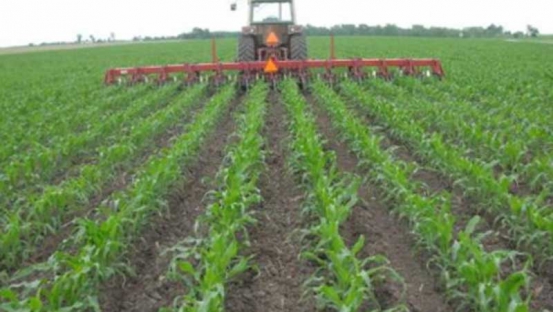
Food security is at the heart of every country’s policy. It has been said that agriculture is the backbone of our economy, and rightfully so because if we look at the construct of the economy, agriculture takes the lion’s share. However, agriculture has for many years been a contributor, and not a driver, of our economy.
While there is a thin line between contributors and drivers – they are all sectors that make up of the economy - contributors are those sectors that account for the larger portion of the GDP, while the drivers are those sectors with the highest GDP growth. More specifically, the top three contributors in 2016 were agriculture (22 per cent), manufacturing (10 per cent), and real estate (8 per cent).